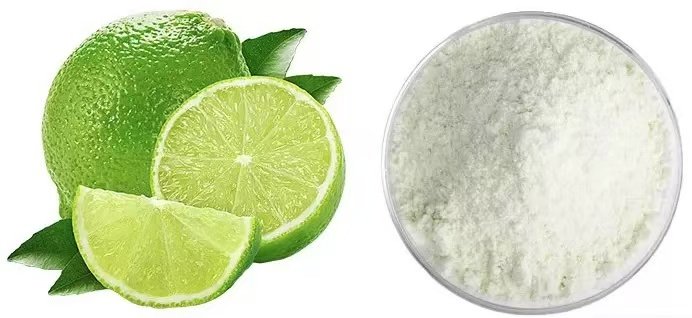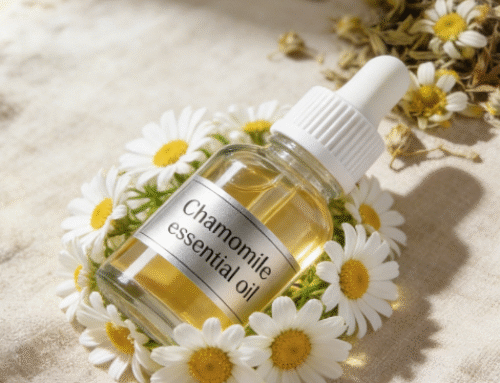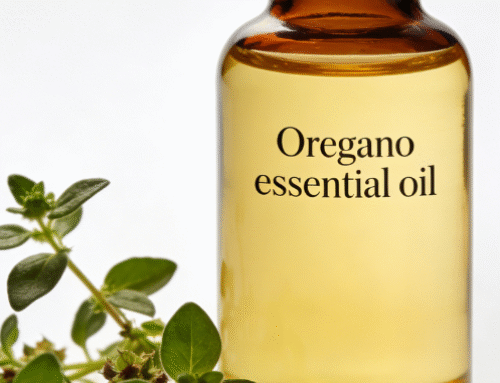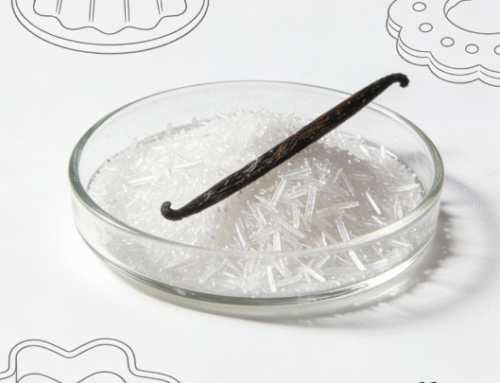Imagine the refreshing tang and natural power of a whole lime, concentrated into a handful of fine, white powder. This isn’t magic—it’s the crystallization of modern food technology and industrial ingenuity: Lime Powder. From ancient lemon legends to today’s high-efficiency powder, this journey transcends the boundaries of taste and function.
I. From Ancient Rome to Modern Factories: The Millennia-Long Evolution of Lime Powder
The magical sourness of lime was discovered early in human history. The ancient Romans used lemon juice to extend food shelf-life; during the Age of Exploration, lemons became “lifesavers” for sailors fighting scurvy. However, fresh limes spoil easily, incur high transport costs, and lack precise acidity control—all of which severely limited their widespread use.
It wasn’t until the 19th century that scientists successfully isolated the core sour compound—citric acid. With the maturation of fermentation technology in the 20th century, large-scale, low-cost production of citric acid became possible. Lime powder is a fine powder made by modern spray-drying technology, using food-grade citric acid (mainly citrates like sodium citrate and potassium citrate) as its core, supplemented with natural lime flavor essence and minimal anti-caking agents. It perfectly replicates lime’s fresh flavor and core functionality while overcoming all the limitations of fresh fruit, becoming a key ingredient in an efficiency revolution.
II. Scientifically Decoded: The 5 Core Functions of Lime Powder
Lime powder may seem simple, but its inner “superpowers” are astounding, thanks to the unique chemical properties of its main component—citrates:
✅ Master pH Regulator
Citric acid is one of the purest and mildest-tasting natural organic acids. Lime powder precisely and rapidly lowers product pH. Beyond delivering tangy flavor (e.g., in beverages, candies), it creates an environment hostile to harmful microorganisms (bacteria, mold, yeast)—acting as a natural preservative barrier. Lab data shows that maintaining pH below 4.6 effectively inhibits the growth of most pathogens and spoilage organisms.
✅ Tamer of Metal Ions (Chelation)
Citrate ions possess strong chelation power, firmly “grabbing” metal ions like calcium, magnesium, iron, and copper in water or raw materials. This delivers multiple benefits:
- Quality Stabilization: Prevents metal-ion-catalyzed oxidation in beverages, avoiding browning (like cut apples), flavor degradation, and nutrient loss (e.g., Vitamin C). Shelf life is significantly extended. Data tracking shows that juice drinks with lime powder added retain 15-25% more Vitamin C and achieve over 30% better color stability under identical storage.
- Enhanced Cleaning Power: Softens hard water in detergents, boosting surfactant efficiency. Cleaning power increases by up to 25%, while preventing scale buildup on fabrics or utensils.
- Process Optimization: Prevents metal ions from causing protein denaturation or gel structure breakdown in food processing (e.g., in cheese or jam production).
✅ Flavor Enhancement Magician
Subtle acidity effectively balances sweetness, highlights fresh fruit aromas, and creates brighter, more multi-dimensional, harmonious flavors—the secret weapon behind complex-tasting beverages and candies.
✅ Efficient Antioxidant Partner
By chelating pro-oxidative metal ions (e.g., iron, copper), lime powder significantly slows lipid oxidation and rancidity in oily foods, extending shelf life and preserving flavor.
✅ Superior Solubility & Stability
Powder form dissolves instantly for effortless use. Chemically stable, long shelf life, and easy storage drastically reduce warehousing and logistics complexity and costs.
These core capabilities make lime powder industries’ secret weapon for cost and efficiency – with undeniable economic impact.

III. Food & Beverage Industry: 18% Cost Reduction, Enhanced Flavor Stability
- Major Beverage Brand Case: A leading juice brand replaced some concentrated lemon juice and liquid acidulants with high-purity lime powder. Results: 18% lower raw material costs (powder transport/storage costs << liquids); 15% less production line downtime due to reduced sugar caramelization cleaning; 22% drop in consumer complaints thanks to superior flavor consistency. Estimated annual savings: >¥1.2 million.
- Premium Bakery Case: A high-end bakery used lime powder for lemon pastry fillings and mirror glazes. Results: Eliminated labor-intensive, inconsistent fresh lemon juicing (30% labor cost saving); achieved batch-to-batch variance <1% with precise acidity control; extended shelf life by 20%, reducing waste by 18%.
IV. Home Care & Cleaning Sector: 25% Cleaning Power Boost, Eco-Friendly & Efficient
- Eco-Detergent Case: An innovative detergent company used lime powder as a core chelator and pH adjuster, partially replacing traditional phosphates and harsh synthetic acids. Results: Improved eco-profile passed stringent certifications; matched traditional formula cleaning power (especially on sebum stains) in medium-hard water while lowering material costs by 12%; 20% smaller packaging volume due to powder density, boosting logistics efficiency. Customers reported softer, fresher laundry.
- Premium Personal Care Case: A natural personal care brand leveraged lime powder’s mild acidity (close to skin pH) and preservative-boosting properties to develop sulfate-free shampoos and toners. Results: Reduced reliance on harsh synthetic preservatives for enhanced safety; improved product experience (lather, feel) drove a 35% increase in repeat purchases and a ~15 percentage point rise in product gross margin.
V. Industrial & Agricultural Applications: 40% Reduction in Wastewater Treatment Costs
- Metal Cleaning Specialist Case: A precision metal parts processor replaced some strong-acid cleaning processes with lime-powder-based eco-cleaners. Results: Achieved required surface finish without hydrogen embrittlement risk (defect rate down 0.8%); lowered wastewater treatment difficulty and cost by ~40% (due to weaker acidity and better biodegradability), saving >¥500,000 annually in environmental costs.
- Agricultural Efficiency Case: Research shows adding trace citrates (active in lime powder) to foliar fertilizers/pesticides boosts crop micronutrient absorption by 10-15% on average, reducing fertilizer waste while optimizing rhizosphere pH. A large citrus farm trial reported visibly improved fruit quality (sugar-acid ratio, color).
VI. Why Lime Powder is the Ultimate Choice for Cost Reduction & Efficiency
✅ Naturally Safe – Food-grade, globally compliant
✅ Precise & Reliable – Adjustable acidity, >99% batch consistency
✅ Versatile – Applicable across Food, Home Care, Industry, Agriculture
✅ Cost Optimizer – Saves on Transport, Storage, Labor & Waste

VII. Act Now: Get Your Tailored Lime Powder Solution!
Whether you’re in Food & Beverage, Home Care, Industrial, or Agriculture, lime powder delivers lower costs, higher efficiency, and stronger market competitiveness!
📩 Contact us today to receive:
✔ Free Samples for Testing
✔ Custom Formulation Support
✔ Dedicated Technical Expertise
👉 Click here to contact our team, or leave your requirements below!
Let this burst of natural freshness become the powerful engine for your business growth! 🚀





Leave A Comment